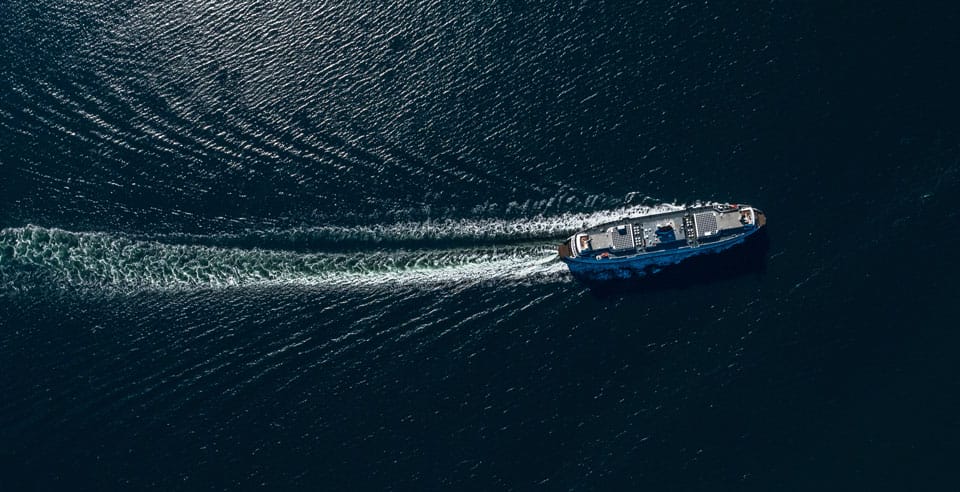Canada’s marine sector is facing a critical workforce shortage
A new national study from the Canadian Marine Careers Foundation shows Canada needs 8,300 new seafarers by 2029. That is more than 30 per cent of today’s workforce, just to meet demand and replace retirees. Yet at current graduation rates, marine training programs will only meet 40 per cent of that demand.
Meanwhile, existing workers are carrying the weight. In BC Ferries’ own data, ships officers worked nearly 20,000 hours of overtime on days of rest between April 2024 and January 2025, just to keep vessels sailing. This is not sustainable for workers, for safety or for the ferry system.
Recruitment and retention are top challenges. High costs of training, a shortage of instructors, barriers to sea time and limited public awareness all make it harder to attract new mariners. Too often, efforts to grow the workforce miss a key opportunity: bringing in new voices and talent from under-represented groups.
Right now, the marine sector remains male-dominated, with significant barriers still facing women, Indigenous peoples, 2SLGBTQIA+ workers and other equity-deserving groups. Building a truly sustainable workforce means breaking those barriers through targeted recruitment, better supports, and safer, more inclusive workplaces.
In a month when we celebrate both Pride and Indigenous History, this is more than timely.
The federal government is well aware of this crisis. It’s past time for Ottawa to deliver the serious investment required to rebuild Canada’s marine workforce, through funding for marine training, sea time and targeted equity programs.
The province also has a role to play. B.C. must invest in post-secondary marine training, open pathways for under-represented groups and partner with employers and unions to strengthen recruitment and retention.
And BC Ferries must step up too. The corporation needs to take real action on retention, sea time, training partnerships and workplace culture. Crews are working unsustainable overtime to keep an aging fleet running, often facing public abuse when breakdowns and cancellations occur. Too often, they have little say in decisions that directly affect their safety, their jobs and the service they deliver. You cannot build a sustainable workforce on a system that is under-resourced and running crews into the ground.
Our members are committed to keeping this system afloat. It is time for the system, and all levels of government, to commit to them.
